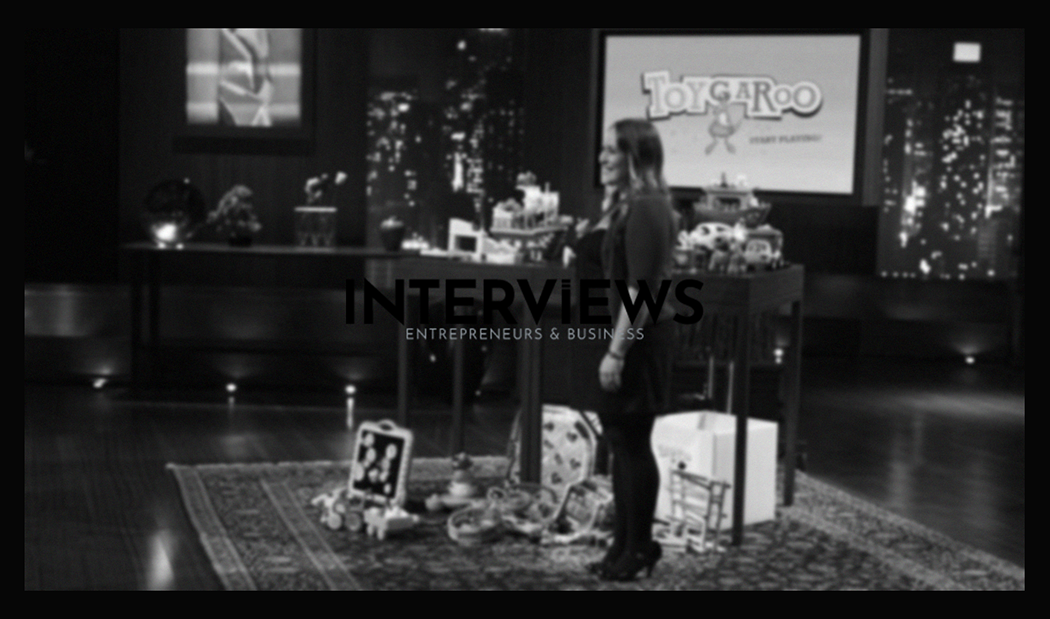ToyGaroo: The Shark Tank Toy Story That Didn’t Have a Happy Ending
Have you heard of ToyGaroo? Probably not, and there’s a reason. Their story serves as a cautionary tale for those dreaming of success, especially if swimming with Sharks is involved.
ToyGaroo, founded by Nikki Pope, aimed to be the Netflix of toys. An intriguing idea, right? Instead of purchasing toys that would gather dust or break quickly, parents could subscribe to a toy rental service.
The Business Model: Borrow, Play, Return, Repeat
Here’s the deal: ToyGaroo offered subscription plans from $24.99 to $52.99 monthly. For that fee, kids received a rotating selection of toys delivered to your door. Picture a library, but instead of books, it’s LEGOs, puzzles, and playthings that usually cost a lot.
This sounded smart for parents overwhelmed by toy clutter. It also appealed to those wanting to reduce waste. Yet, a good idea is just the first step in the complex journey of building a successful business.
Swimming with Sharks: ToyGaroo on Shark Tank
Nikki Pope brought ToyGaroo to Shark Tank. This happened in Season 2, Episode 2. She stepped into the tank, hoping to secure an investor. Guess what? She did! Mark Cuban and Kevin O’Leary chose to invest.
The deal was $200,000 for a 40% equity stake in ToyGaroo. This seemed like a great outcome from the Sharks! ToyGaroo appeared ready to reach the toy rental promised land, riding high on Shark Tank exposure.
So, What Went Wrong? The ToyGaroo Tale of Failure
not to do.
The aftermath of ToyGaroo showed a classic pitfall: poor financial management. Renting toys is appealing but can become a logistical and financial nightmare without perfect execution.
Here’s a summary of the issues:
- High Operational Costs: You’re not only shipping toys. You deal with returns, cleaning, sanitizing, and checking for damage. Operational costs can rise sharply for such a service. Shipping bulky toys alone hurts.
- Profitability Problems: Subscription revenue is recurring, but it must outweigh high operational costs. ToyGaroo had trouble finding this balance. Were subscription prices too low? Were costs too high? Likely both. Unit economics in this business are tricky.
- Scalability Challenges: Maintaining efficiency while repeating a successful model is key to scaling. If your core model isn’t profitable, scaling just increases losses. ToyGaroo couldn’t scale its operations without losing money.
- Customer Retention: Even if they gained customers, keeping them month after month is crucial for subscriptions. Did customers see enough value to justify the monthly fee? The novelty may have faded. Customer retention proved problematic.
- Ran Out of Funds: The ultimate downfall for businesses. ToyGaroo ran out of money. Despite Shark Tank’s investment, this wasn’t enough to fix the model’s issues. Cash flow is vital, and ToyGaroo’s venture collapsed due to lacking it.
Lessons from the Toy Box Graveyard
ToyGaroo’s story isn’t just a tale of failure. It presents a lesson wrapped in colorful plastic. It shows that even a brilliant idea and Shark Tank validation demand solid financial planning, operational efficiency, and profitability.
For aspiring entrepreneurs, ToyGaroo stands as a stark reminder: Love your idea, but love your numbers even more. Dreaming of scaling isn’t enough; your model should be profitable and sustainable first. Always monitor cash flow carefully. Otherwise, your dreams may end up in the business graveyard, alongside ToyGaroo.





